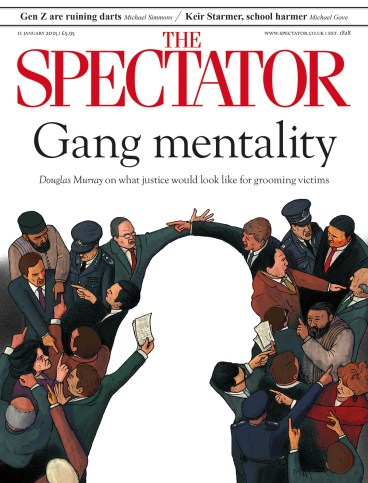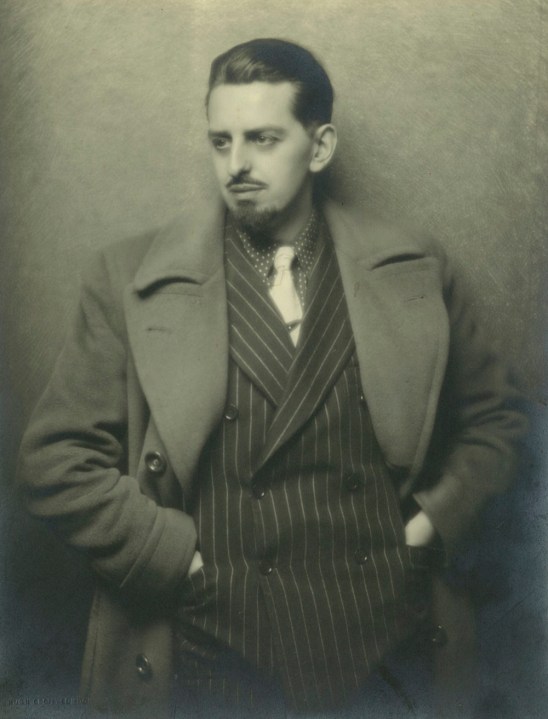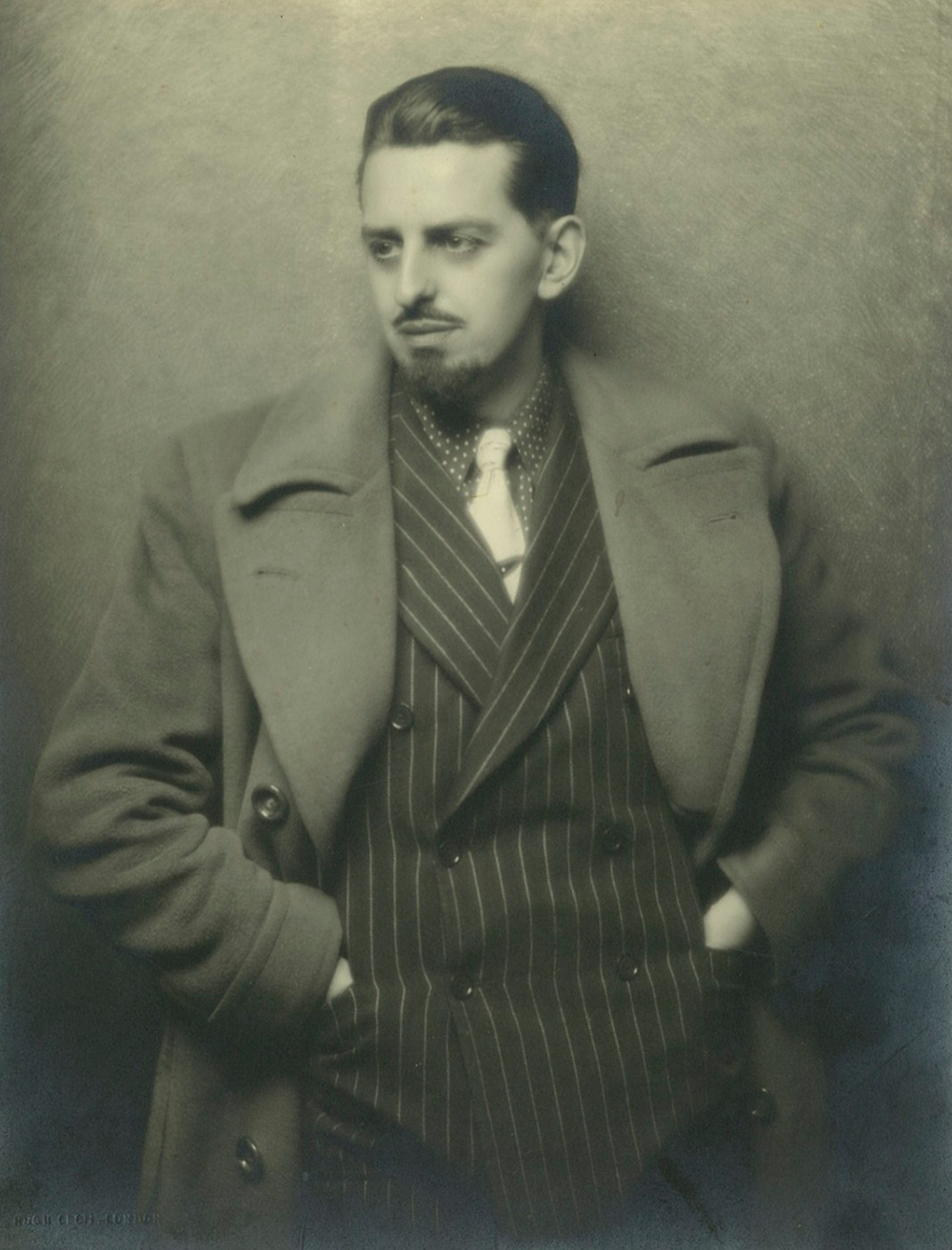
The travel writer Norman Lewis, the son of a Welsh psychic medium, died in Essex in 2003 at the age of 94. In his darkly comic autobiography, Jackdaw Cake, he relates how, in 1937, his mother built a spiritualist church in the north London suburb of Enfield as a sort of Taj Mahal memorial to her late husband (who was a retail pharmacist as well as a psychic). Enfield is not a likely pocket of the paranormal, but the Enfield Beacon of Light is still going strong. During its table-rapping and other spook-dabbling sessions no one is allowed to make jokes about striking a happy medium. Spiritualism is dead serious.
Lewis’s humdrum upbringing in Edwardian Enfield – aspidistras, astral-planing – was far removed from the social privilege of most literary travellers. Yet his lifelong interest in magico-religious cults and vanishing tribes of one stripe or another had some connection, surely, to the palmistry and crystal-balling of his Enfield years. His 12 magnificent travel books (and as many rather indifferent novels) are distinguished by their rapier-keen observations of supernatural goings-on in far-flung Mexico, Burma, southern Italy and Vietnam. Why the man Graham Greene described as ‘one of the best writers of our century’ is not better known is a mystery. Lewis’s deadpan, occasionally Latinate prose (‘ferruginous’, ‘inflorescence’) was influenced by the waspish New Yorker-ese of S.J. Perelman, and by the classical authors he had devoured as a boy in north London, among them Herodotus. Lewis is one of the great comic writers of our age.

A Quiet Evening gathers half a century’s worth of his finest journalism. John Hatt (who founded Eland books with the intention of keeping his adored Lewis in print) has usefully provided a brief, explanatory preface for each of the 36 articles. They range in subject matter from an interview with Fidel Castro’s official executioner to a (now famous) report on the extermination of Brazilian rainforest Indians that led to the foundation, in 1969, of Survival International. Lewis excelled at the sort of literary reportage that Bruce Chatwin, Colin Thubron and other pathfinders later made their own.
In 1957 Ian Fleming, then the Sunday Times’s foreign editor, sent Lewis to Havana with instructions to seek out Ernest Hemingway and assess the threat posed by Castro’s nationalist revolt. Lewis shared the 007 creator’s admiration for the American novelist, but he was shocked to find Hemingway in a haze of Dubonnet and physically abject in a pair of pyjamas. Where was Ava Gardner? The encounter was a lesson for Lewis on the ‘futility’ of literary fame, and may have blunted his own ambition to succeed as a writer. (Hemingway shot himself 18 months later.) The Cuban episode is recollected in ‘A Mission to Havana’, an Observer reminiscence from 1981, which is a marvel of poker-faced wit and subtle exactitude of observation.
Lewis had a gift for self-effacement and this allowed him to pass unnoticed in the spy den that was President Batista’s dictatorial Cuba and Vietnam on the eve of the departure of the colonial French. ‘The Road to Hoa-Binh’, first published in 1959, is a superlative report on the Viet-Minh guerilla insurgency. While not exactly invisible in his journalism, Lewis attracts no special notice: when I interviewed him in 1987 in the old parsonage where he lived with his Australian wife in Essex he seemed to be suspiciously concealed; effaced, even. (Julian Evans’s biography of Lewis is appositely titled Semi-Invisible Man.) With his toothbrush moustache and sad spaniel eyes, Lewis looked to me more like a trusted family doctor than the restless adventurer who had once smoked opium in Cambodia ‘like a timid experimenter, perhaps, in a nudist colony’.
‘Seville Revisited’, a Sunday Times article from 1985, amounts to a homage to the mystery and glory of a Spain that no longer exists. The encroaching ugliness of mass-tourism, with its Apex-fare tariffs, sport-cabin villages and packaged hedonism, is a recurring jeremiad of this collection. After the war, Lewis settled for a while in a Catalonian fishing village. Voices of the Old Sea, his Hemingwayesque account of that time, is poignant to read now as the once-remote Spanish outpost has become part of the Costa Brava. ‘Village of Cats’, an extract from Lewis’s Spanish masterwork, is a high point of the collection, and Hatt did well to include it.
Previous anthologies of Norman Lewis journalism (The Happy Anti-Heap, The Changing Sky, To Run Across the Sea) were plumped out with workaday stuff. A Quiet Evening, though, is definitive, and very much a new book. For those who have yet to discover the strange greatness of Lewis, this is an excellent place to start. The Sage of Enfield, with his dry humour and sniffer- dog’s nose for raffish, broken-down places, may serve as a tonic for 2025.








Comments